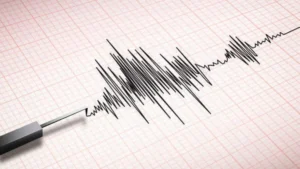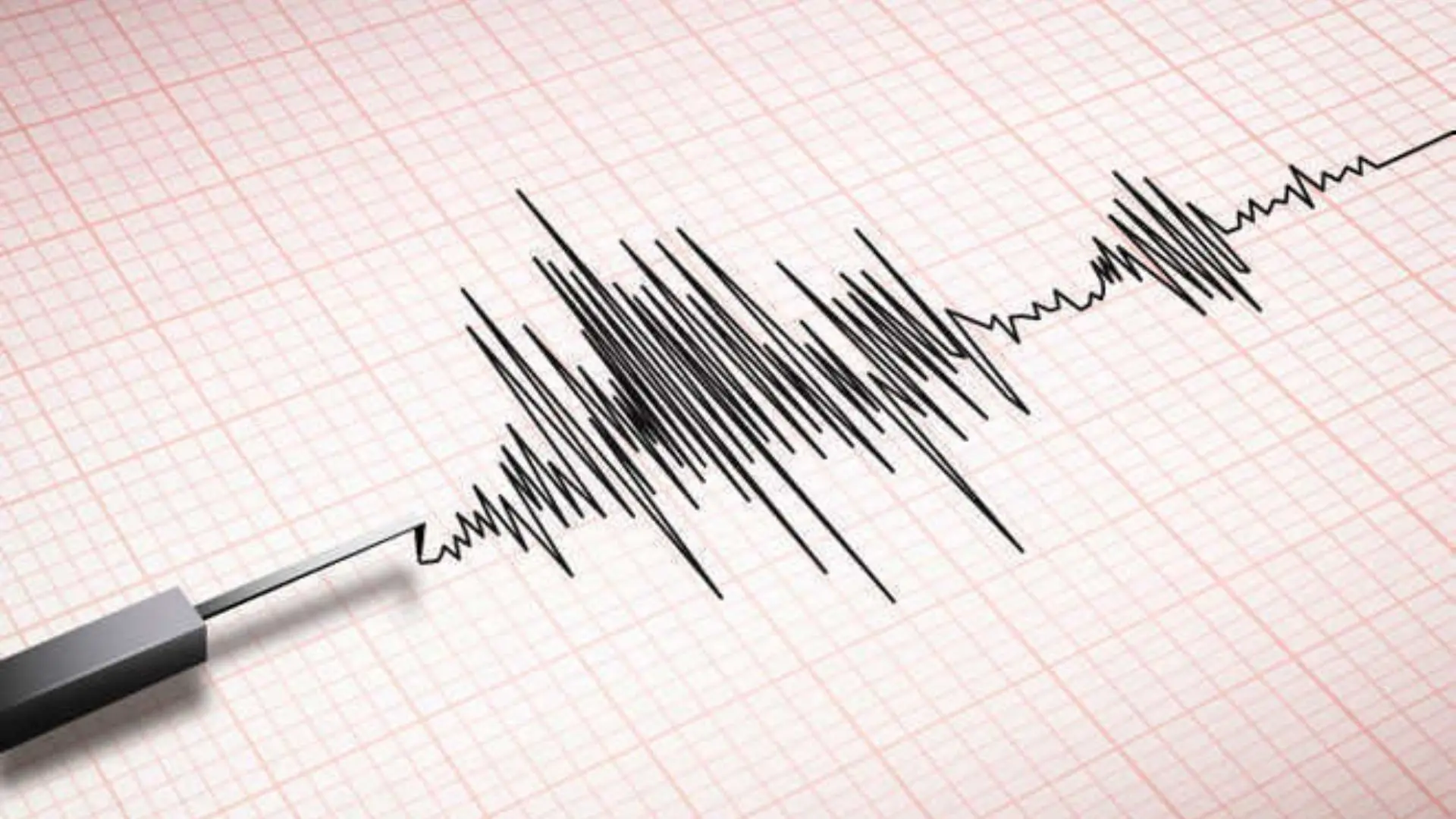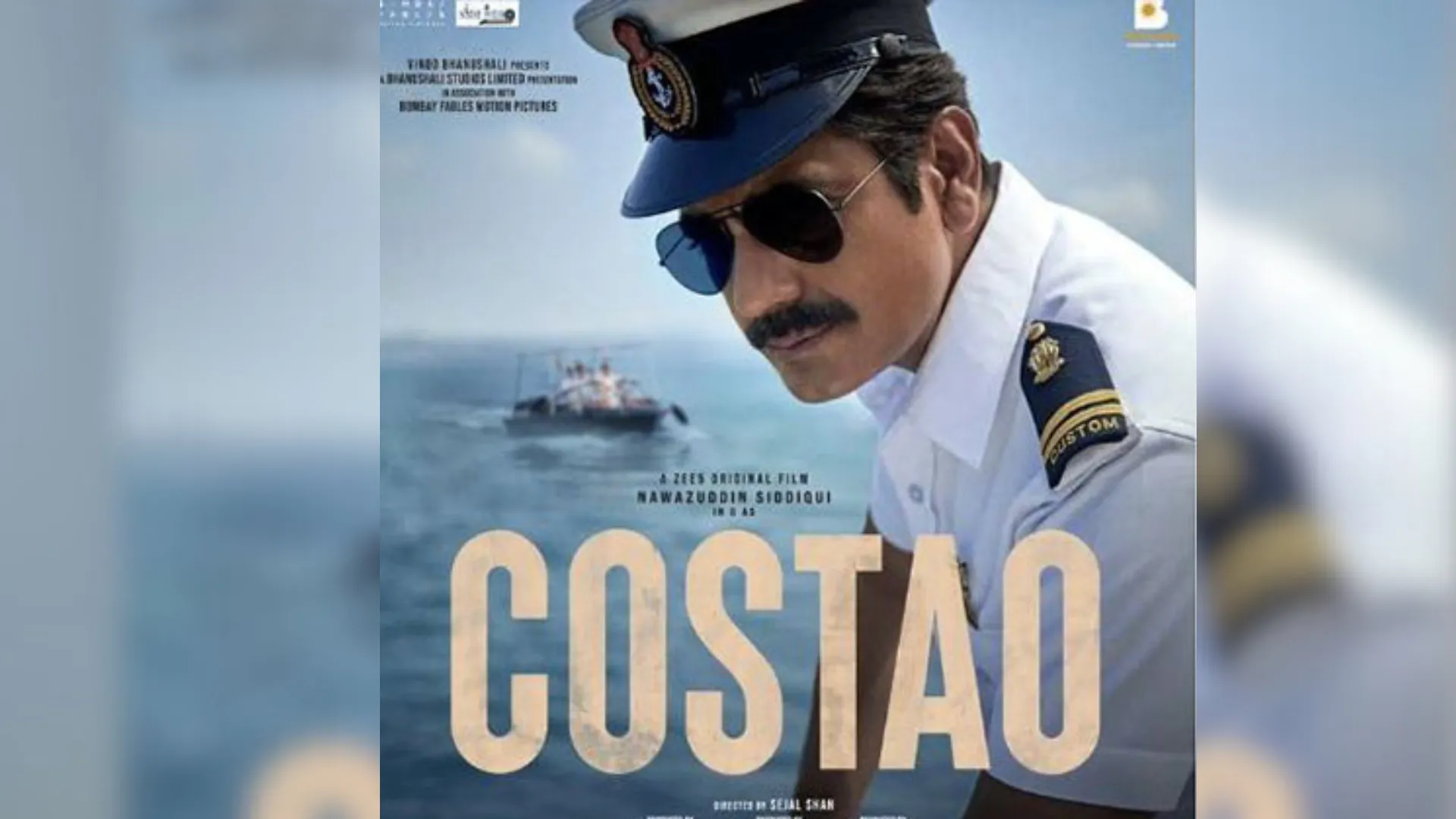As the European Union (EU) grapples with a shift in U.S. politics, Hungarian Prime Minister Viktor Orban is urging the bloc to reconsider its support for Ukraine, citing the potential impact of Donald Trump’s anticipated return to power. Orban’s comments on the eve of a crucial EU summit in Budapest highlight the growing divisions within the union, with increasing concerns over the sustainability of the war effort in Ukraine as global political dynamics shift.
Orban’s Call for Rethinking Support
Ahead of the informal EU summit hosted in Hungary’s capital, Orban, a vocal ally of former U.S. President Donald Trump, suggested that Europe should rethink its strategy regarding military and financial support to Ukraine. “The Americans will quit this war; first of all they will not encourage the war,” Orban stated in an interview with state radio. He cautioned that Europe, which has played a significant role alongside the U.S. in financing Ukraine’s defense against Russia’s invasion, may struggle to sustain this effort alone.
Orban’s remarks reflect his long-standing skepticism about European involvement in the Ukraine conflict, as well as his concern over the rising financial costs. “Europe cannot finance this war alone… Some still want to continue sending enormous amounts of money into this lost war but the number of those who remain silent… and those who cautiously argue that we should adjust to the new situation is growing,” Orban added, emphasizing the shifting sentiment within the EU.
The U.S. Factor: Trump’s Potential Impact on Ukraine Aid
A significant issue weighing on EU discussions is the potential change in U.S. policy under a second Trump presidency. Trump has been vocal in his criticism of the current level of U.S. involvement in Ukraine, even pledging during his campaign to end the conflict before taking office without specifying how he would achieve that. As the EU’s largest donor of military and financial aid to Ukraine, the U.S. has been a key player in supporting Ukraine’s defense against Russia’s 2022 invasion. However, Trump’s past statements suggesting a reduction in U.S. involvement in Ukraine could leave the EU in a precarious position, especially if European countries are expected to shoulder the burden alone.
Diverging Views Within the EU
The internal divisions within the EU regarding Ukraine are becoming more apparent. While leaders in countries like Germany and France have voiced continued support for Ukraine, others, such as Orban and Slovak Prime Minister Robert Fico, are questioning the sustainability of the current strategy.
German Chancellor Olaf Scholz, speaking in Budapest on Friday, reiterated his country’s commitment to supporting Ukraine. He also called for a stronger European defense initiative, acknowledging the importance of bolstering Europe’s security in the face of Russian aggression. “Russia has invaded Ukraine and is continuing this war with unchanged brutality,” Scholz said. “One question is quite clear: Together as the European Union, as Europeans, we must do what is necessary for our security. This will be particularly successful if everyone makes their contribution.”
However, Orban’s more controversial stance calls for an immediate ceasefire, followed by peace talks between Kyiv and Moscow. This proposal has been met with fierce opposition from Ukraine. President Volodymyr Zelenskiy, speaking shortly after Orban’s comments in Budapest, rejected the call for a ceasefire, arguing that it would be a betrayal of Ukraine’s efforts to defend its sovereignty.
Zelenskiy Rejects Calls for Ceasefire
Zelenskiy’s sharp response to Orban’s call for a ceasefire underscores the deep divide over the war’s resolution. “It’s a very scary challenge for our citizens: first a ceasefire, then we’ll see. Who are you? Are your children dying?” Zelenskiy said, emphasizing the human toll of the war and the necessity of maintaining a strong defense. He further criticized Orban’s opposition to Ukraine’s NATO membership, calling it “nonsense and disharmony,” given the stakes of the conflict.
This exchange highlights the contrasting approaches within the EU, where some leaders continue to advocate for aggressive support of Ukraine, while others, like Orban and Fico, seek a reevaluation of Europe’s role in the conflict.
The Role of Slovakia and Financial Responsibility
In a video posted to Facebook, Slovak Prime Minister Robert Fico expressed concerns about the EU taking on financial responsibility for Ukraine if U.S. support were to decline. Fico, who halted Slovakia’s state military aid to Ukraine after assuming office last year, emphasized that the EU should prioritize its own security and resources, particularly in addressing issues like illegal migration. “If we are to have money for Ukraine, we must have money for problems that threaten the EU significantly more,” Fico said, underscoring the need to balance the bloc’s priorities.
Fico’s comments reflect a growing faction within the EU that is questioning the long-term viability of continued financial and military aid to Ukraine, especially if the U.S. were to scale back its support under Trump’s leadership. Slovakia has been one of the few EU countries to halt direct military aid to Ukraine, signaling its reluctance to be drawn into a protracted conflict without clearer benefits.
The Future of EU-Ukraine Relations
With the looming prospect of Trump’s potential return to the White House, EU leaders are facing a dilemma: how to navigate Ukraine aid if U.S. support is reduced or withdrawn. While many EU leaders remain committed to supporting Ukraine, there is an increasing awareness that the bloc may need to reassess its strategies to ensure its own security and financial stability.
As discussions continue within the EU, the future of Ukraine’s support remains uncertain. The tension between continuing to support Ukraine’s defense against Russia and addressing domestic issues such as migration and financial stability will be key factors in shaping the EU’s position in the coming months.























